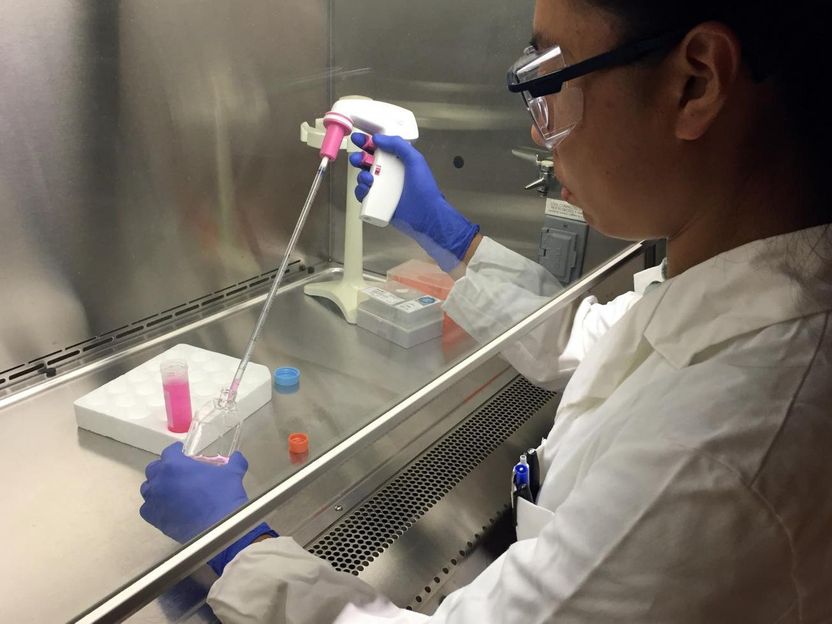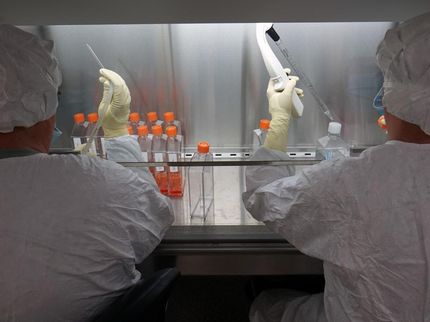Intercell announces initiation in the U.S. of a Phase III study for vaccine to protect children against Japanese Encephalitis
Intercell AG announced the initiation of a pediatric Phase III study for IXIARO/JESPECT in children above 6 months of age travelling from U.S., Europe and Australia to JE‐endemic areas. The vaccine is currently licensed as adult vaccine in Europe, Canada, the United States (IXIARO) and Australia (JESPECT). In the U.S., the vaccine is licensed for those above 17 years of age, and in Europe, Canada and Australia it is licensed for those above 18 years of age.
This multi‐national study including 100 children will be the first of two Phase III trials in support of the IXIARO/JESPECT label extension for pediatric licensure for children above 2 months of age. The study will investigate safety and immunogenicity of the vaccine.
"We are very pleased about the progress in our pediatric development program for this vaccine. The start of the current Phase III study is a major step towards making our modern cell culture‐derived product available also to travelling children and to the children of those serving in the military who are bringing their families to countries with JE‐endemic areas", states Thomas Lingelbach, Chief Operating Officer of Intercell AG.
The development program up to licensure for pediatric use of IXIARO/JESPECT has been agreed with the regulatory authorities. A Phase II study conducted in 2007 comprising children aged 1 to 3 years of age by Intercells partner Biological E. suggested that the vaccine has a comparable immunogenicity and safety profile in young children to that in adults, even if only half of the adult dose is administered.
A second Phase III study will be conducted as a pivotal trial in an endemic region, namely, the Philippines and Malaysia. This multi‐center, randomized and controlled study will include 1,859 children of whom 1,401 will receive IXIARO/JESPECT. The study will evaluate the safety profile of the vaccine compared to HAVRIX®720 and Prevnar®. In addition, immunogenicity will be studied in a subgroup of children, and the vaccine dose for ages three to below 12 years will be confirmed.
Most read news
Topics
Organizations
Other news from the department research and development

Get the life science industry in your inbox
By submitting this form you agree that LUMITOS AG will send you the newsletter(s) selected above by email. Your data will not be passed on to third parties. Your data will be stored and processed in accordance with our data protection regulations. LUMITOS may contact you by email for the purpose of advertising or market and opinion surveys. You can revoke your consent at any time without giving reasons to LUMITOS AG, Ernst-Augustin-Str. 2, 12489 Berlin, Germany or by e-mail at revoke@lumitos.com with effect for the future. In addition, each email contains a link to unsubscribe from the corresponding newsletter.
Most read news
More news from our other portals
Last viewed contents






















































